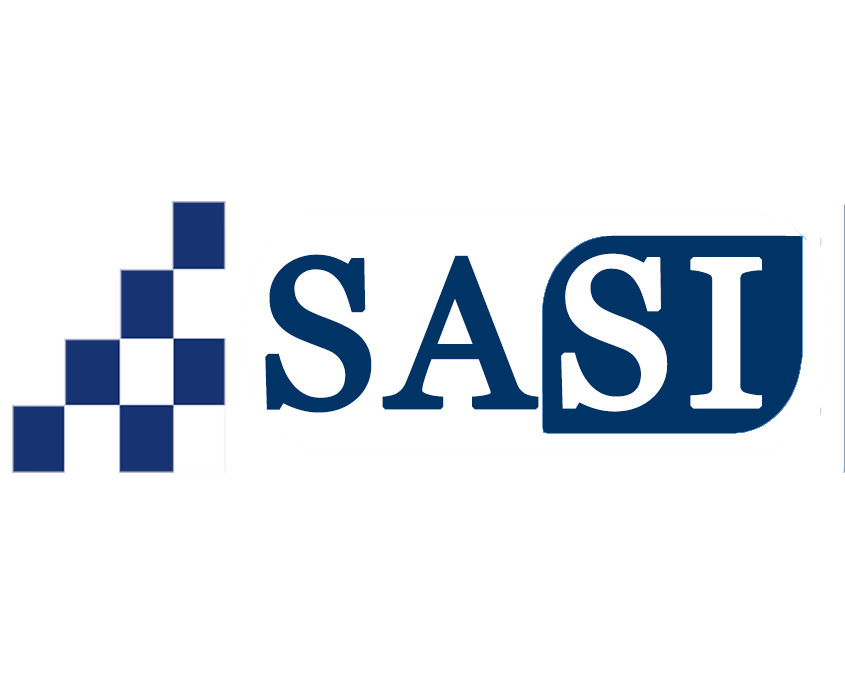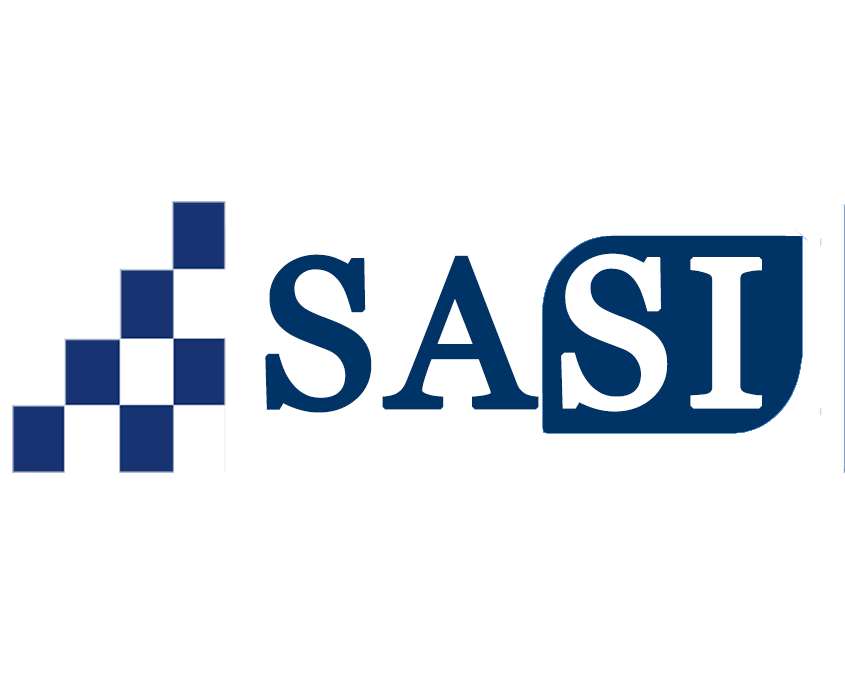The accounting industry is undergoing considerable change in the digital era. Remote accounting is getting increasingly predominant and thus reshaping traditional practices. As advancements in technology and the rise of cloud-based solutions continue to revolutionize the field, accountants are finding new ways to work remotely without surrendering productivity or compromising data security. In this article, we will explore the latest trends in remote accounting and delve into effective strategies that firms and professionals can employ to stay ahead in this ever-evolving landscape.
Latest Trends in Remote Accounting
1. Rise of Cloud-Based Accounting Software
Cloud-based accounting software has revolutionized the accounting industry by providing secure and accessible platforms for managing financial data remotely. These platforms offer real-time data synchronization, automated backups, and remote access to financial reports, enabling accountants to work from anywhere with an internet connection.
2. Automation and Artificial Intelligence in Accounting
Improvements in automation and artificial intelligence (AI) have significantly impacted the accounting profession. Tasks such as data entry, bank reconciliation, and expense categorization can now be automated, saving accountants valuable time and reducing the risk of human errors. AI-powered systems can also analyze large financial data sets to provide valuable insights and assist with decision-making processes.
3. Virtual Collaboration and Communication Tools
Effective collaboration is essential for remote accounting teams. Virtual cooperation tools, such as project management software, video conferencing platforms, and shared document repositories, facilitate seamless communication and collaboration among team members. These tools enable accountants to work together on projects, share updates, and exchange information in real time, regardless of their physical locations.
4. Remote Access to Financial Data and Documents
virtual accounting necessitates secure access to financial data and documents. Cloud storage and file-sharing platforms provide a secure and centralized repository for storing financial documents, making them easily accessible to authorized personnel. With robust security measures in place, accountants can securely access and share critical financial information from anywhere, ensuring efficiency and continuity in their work.
Strategies for Effective Remote Accounting
- Establishing Clear Communication Channels
Clear and frequent communication is essential for remote accounting teams. Establishing dedicated communication channels, such as team chat platforms and video conferencing software, ensures that team members can collaborate effectively, seek clarification, and stay connected throughout their work. Regular check-ins and team meetings help foster a sense of camaraderie and alignment among remote team members.
- Implementing Robust Cybersecurity Measures
As remote accounting involves handling sensitive financial information, it is vital to prioritize cybersecurity. Implementing strong password protocols, multi-factor authentication, and encryption techniques helps protect confidential data from unauthorized access. Regularly updating software and educating team members about cybersecurity best practices further enhance data security in remote accounting operations.
- Embracing Cloud-Based Accounting Software
Cloud-based accounting software offers numerous benefits for remote accounting. By migrating accounting operations to a cloud-based platform, accountants gain access to real-time data, automated backups, and seamless collaboration capabilities. These features enhance productivity, streamline workflows, and ensure data accuracy in remote accounting processes.
- Automating Repetitive Tasks
Automation plays a significant role in improving efficiency and accuracy in remote accounting. Identifying repetitive tasks, such as data entry or report generation, and automating them using accounting software or specialized automation tools reduces the risk of errors and frees up accountants’ time for more value-added activities. Automation also enables accountants to process large volumes of data efficiently, allowing them to focus on analysis and decision-making.
- Building a Remote Accounting Team
Building a successful virtual accounting team requires selecting individuals who possess the necessary skills, experience, and self-discipline to thrive in a remote work environment. Providing team members with clear roles and responsibilities, fostering a culture of trust, and promoting open communication contributes to a cohesive and high-performing remote accounting team.
Conclusion
The field of virtual accounting is evolving rapidly, driven by advancements in technology and changing work trends. Embracing cloud-based solutions, automation, and effective virtual work strategies are essential for accounting professionals and firms to stay ahead in this dynamic landscape. By implementing the discussed trends and strategies, accounting professionals can enhance productivity, collaboration, and data security while reaping the benefits of remote work in the accounting industry.
Also Read: The Accounting Cycle: 8 Essential Steps to Follow


